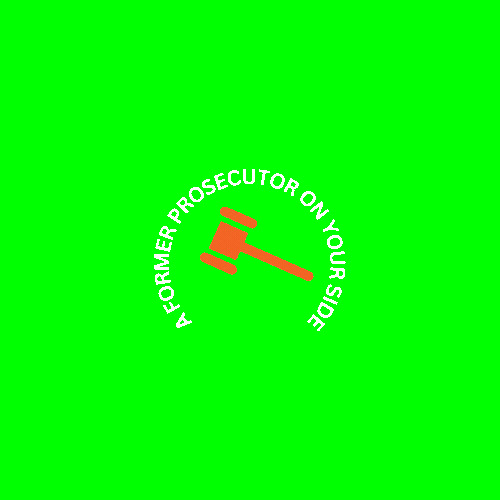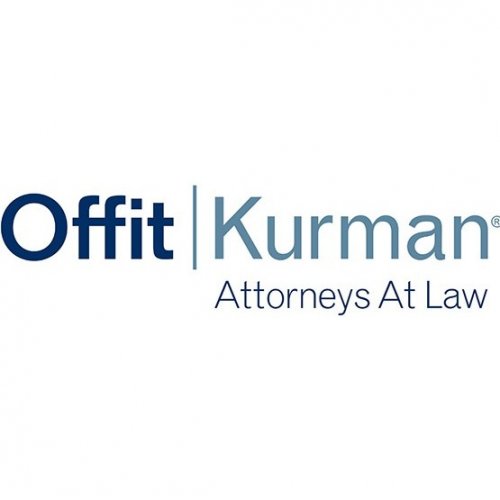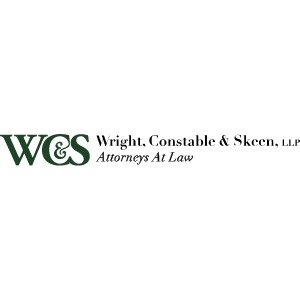Best Elder Abuse Law Lawyers in Maryland
Share your needs with us, get contacted by law firms.
Free. Takes 2 min.
Or refine your search by selecting a city:
List of the best lawyers in Maryland, United States
About Elder Abuse Law in Maryland, United States
Elder abuse law in Maryland is a set of statutes and regulations designed to protect vulnerable older adults from harm or exploitation. These laws address various forms of abuse, including physical, emotional, sexual, and financial abuse, as well as neglect. In Maryland, the primary goal is to ensure the safety, dignity, and well-being of elderly individuals, particularly those who are unable to protect themselves due to physical or mental limitations. Authorities such as Adult Protective Services (APS) and law enforcement play significant roles in investigating and remedying reported abuse cases. The law also establishes procedures for reporting, investigating, and prosecuting abuse, along with providing support and legal recourse for victims.
Why You May Need a Lawyer
There are a number of situations in which someone might need legal help with elder abuse law in Maryland. If you suspect that an elderly loved one is being abused in a nursing home or by a caregiver, a lawyer can help you understand your options and take appropriate action. Legal assistance is also crucial for elderly individuals who feel threatened or exploited, particularly in cases involving financial scams or power of attorney misuse. Additionally, lawyers are needed to navigate the reporting process, pursue protective orders, or seek compensation for damages. A knowledgeable elder abuse attorney can also help defend someone wrongfully accused of abuse, assist with guardianship or conservatorship issues, and represent clients in court proceedings.
Local Laws Overview
In Maryland, elder abuse is addressed by several laws, most notably the Maryland Adult Protective Services Act and criminal statutes relating to assault, neglect, and exploitation. The state defines "vulnerable adults" as individuals aged 18 or older who lack the physical or mental capacity to provide for their daily needs. Maryland law mandates that certain professionals, such as health care workers, social workers, and law enforcement, report suspected abuse or neglect of a vulnerable adult. Penalties for abuse can include criminal charges, fines, imprisonment, and loss of professional licenses. Additionally, civil remedies are available for victims, such as restraining orders and financial compensation. The state provides protection for those who report abuse in good faith, shielding them from civil or criminal liability.
Frequently Asked Questions
What qualifies as elder abuse in Maryland?
Elder abuse in Maryland includes physical harm, emotional or psychological abuse, sexual abuse, financial exploitation, neglect, and self-neglect involving a vulnerable adult.
Who is considered a "vulnerable adult" under Maryland law?
A vulnerable adult is anyone age 18 or older who lacks the physical or mental capacity to care for themselves or protect themselves from harm.
What should I do if I suspect elder abuse?
You should report suspected abuse to local Adult Protective Services or law enforcement as soon as possible. If the person is in immediate danger, call 911.
Are there mandatory reporting laws for elder abuse in Maryland?
Yes, certain professionals such as medical personnel, social workers, police officers, and care providers are required by law to report suspected abuse or neglect.
What happens after a report is filed?
Adult Protective Services will begin an investigation, which may involve interviews, home visits, and coordination with law enforcement where necessary. Appropriate action will be taken to protect the individual.
Can someone be prosecuted for elder abuse?
Yes, those found responsible for elder abuse can face both civil and criminal penalties ranging from fines and restitution to imprisonment.
What are my legal options if my loved one has suffered financial exploitation?
You can initiate a civil lawsuit to recover stolen assets, seek criminal prosecution through the police, and request protective measures like restraining orders.
Can elder abuse occur in nursing homes or assisted living facilities?
Yes, abuse and neglect can happen in institutional settings, and these facilities are subject to state regulations and oversight. Legal action can be taken against responsible staff or the facility itself.
What are the signs of elder abuse to watch for?
Common signs include unexplained injuries, sudden changes in financial situations, withdrawal from normal activities, poor hygiene, malnutrition, and fearfulness around certain people.
How can a lawyer help with elder abuse cases?
A lawyer can advise you on your rights, help file complaints or lawsuits, secure protective orders, coordinate with authorities, and represent you or your loved one in court if needed.
Additional Resources
Several organizations and agencies offer support, guidance, and investigation services related to elder abuse law in Maryland:
- Maryland Adult Protective Services (APS) - for reporting and investigating abuse
- Maryland Department of Aging - provides advocacy and resources
- Maryland Legal Aid - offers free or low-cost legal advice to seniors
- Long-Term Care Ombudsman Program - helps residents of care facilities resolve complaints
- Local law enforcement agencies - respond to criminal abuse and urgent dangers
Next Steps
If you suspect elder abuse or need legal advice, start by documenting your concerns and gathering relevant information such as medical records, witness statements, and financial documents. Report any immediate threats to local authorities or Adult Protective Services. If you need legal representation or advice, consult with a lawyer who has experience in Maryland elder abuse cases. Legal professionals can guide you through the reporting process, help file lawsuits or protective orders, and represent your interests in negotiations or court proceedings. Acting quickly and seeking help can make a significant difference in protecting vulnerable individuals and holding offenders accountable.
Lawzana helps you find the best lawyers and law firms in Maryland through a curated and pre-screened list of qualified legal professionals. Our platform offers rankings and detailed profiles of attorneys and law firms, allowing you to compare based on practice areas, including Elder Abuse Law, experience, and client feedback.
Each profile includes a description of the firm's areas of practice, client reviews, team members and partners, year of establishment, spoken languages, office locations, contact information, social media presence, and any published articles or resources. Most firms on our platform speak English and are experienced in both local and international legal matters.
Get a quote from top-rated law firms in Maryland, United States — quickly, securely, and without unnecessary hassle.
Disclaimer:
The information provided on this page is for general informational purposes only and does not constitute legal advice. While we strive to ensure the accuracy and relevance of the content, legal information may change over time, and interpretations of the law can vary. You should always consult with a qualified legal professional for advice specific to your situation.
We disclaim all liability for actions taken or not taken based on the content of this page. If you believe any information is incorrect or outdated, please contact us, and we will review and update it where appropriate.
Browse elder abuse law law firms by city in Maryland
Refine your search by selecting a city.















